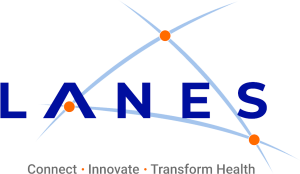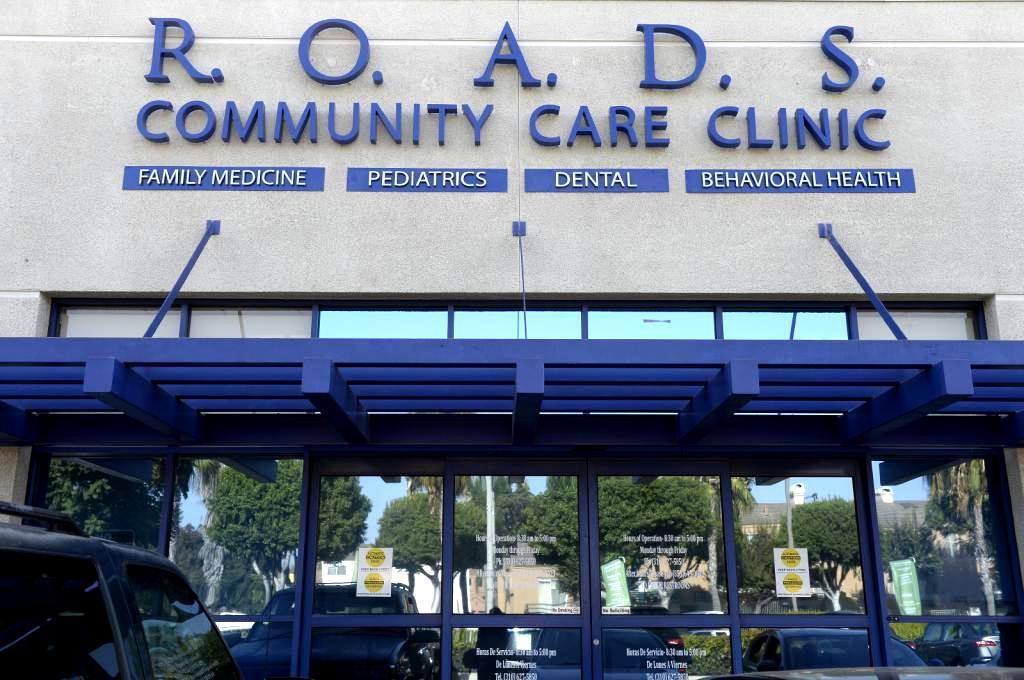Our fragmented healthcare delivery system coupled with a lack of access to the most relevant digital health information present multiple challenges that can adversely impact patient outcomes.
For instance, a patient receiving ongoing care visits their primary care physician whose practice uses one electronic health record (EHR) system, while their specialist employed at another health facility uses a different her application. At the same time, the patient is prescribed medications from both providers who have no awareness of one another nor access to historical documentation of previous visits and orders.
This lack of visibility and network-connected capture of longitudinal information across disparate EHR systems and different care settings is a leading cause of incomplete patient record data. The result is workflow inefficiency poor quality care, negative outcomes and rising expenses. Moreover, different patient identifiers within EHRs usually lead to duplicated diagnostic tests along with deficient data.
According to a 2020 Gartner report, experts predict that “by 2023, 35% of health delivery organizations will have shifted workflows outside of the EHR to deliver better efficiency, experience and outcomes.” (1)
This scenario is all too familiar to Beda Gamboa, LCSW, Director of Program Development and Grants at R.O.A.D.S Community Care Clinic. Gamboa successfully addressed the inadequacies deploying the LANES HIE’s population health enablement platform.
“The beauty of the LANES health information exchange is its interoperability platform designed to help providers comply with best care practices to adequately treat patients for every chronic illness,” said Gamboa. “LANES, including its notifications, alert providers, like R.O.A.D.S., to engage patients instantly to coordinate support better care management of at-risk conditions.”
Gamboa explained that many providers are unable to access a complete picture of a patient’s health across Los Angeles County’s fragmented healthcare ecosystem. Faxed and incomplete discharged summaries are commonplace. Critical real-time data such as encounters, lab tests and results, prescribed medications, images and other elements that provide insight to inform the best treatment path forward are unavailable when most needed.
Since joining LANES, R.O.A.D.S. has real-time access to the longitudinal patient record at the ready, which optimizes actionable patient care data and the provider’s ability to make informed decisions quickly.
According to Gamboa, the chief value of the LANES platform is the HIE’s flexibility to improve a provider’s ability to manage their patient population holistically, with visibility across the continuum of care including: access to care team notes, labs, problems, medications, allergies, recommendations, and referrals.
Security and privacy are paramount. As part of the onboarding process, LANES conducts a security risk assessment to handle sensitive data, demonstrating that the necessary privacy and security protocols are followed to safeguard patient information. Gamboa states that she uses LANES comfortably and with peace of mind knowing that data exchange is secure and trustworthy.
R.O.A.D.S. uses LANES Smart Alerts to track high-risk patients, enhance chronic healthcare management, and connect to other providers. Smart Alerts ensures physicians and other clinicians receive accurate patient care information that can prevent costly procedures and unnecessary treatments.
Additionally, Gamboa shared that many providers perceive new technology systems will burden workloads, when in fact the opposite is the truth. Whether the patient receives a COVID-19 test, contracts the virus or was admitted to the hospital, the LANES HIE platform documents all clinical actions to have the assigned care team valuable time.
“Using the LANES platform helps providers build, implement and support the best standard of care that leads to better patient outcomes,” added Gamboa.
1. Gartner, “Predicts 2021: Healthcare Providers Must Accelerate Digital Transformation to Address Disruption”

